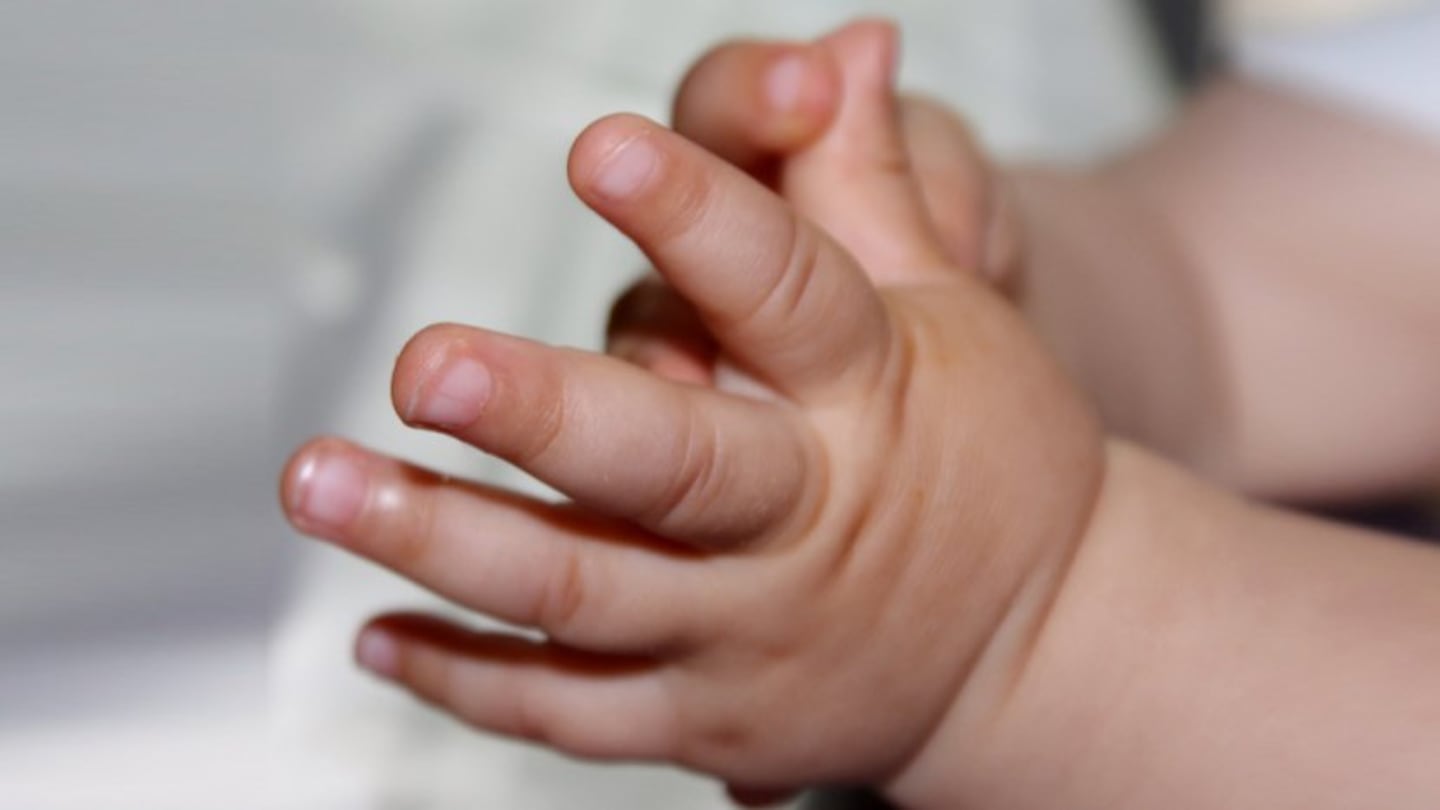The number of single-parent whānau has jumped 7.9 per cent since 2018 and the Birthright social services organisation says such people need hope.
Birthright specialises in single-person-led families and its kaiwhakahaere, Joe Ferns, has been a single dad himself.
2023 census data shows the number of single-parent families has risen from 197,946 families in 2018 to 213,534. Almost one in five tamariki in Aotearoa now live in homes with a single caregiver.
“There will be a lot of debate today about why the number of single parents is growing or how hard it can be or what the impact of service cuts is on real people,” Ferns said.
These are important questions but what feels equally important today is to send people a message of hope."
Birthright supports 5,000 whānau across Aotearoa.
Advocacy, healing and practical help
It provides a range of services for whānau including free or low-cost counselling, parenting support and programmes, financial mentoring, social groups, early childhood education and practical assistance.
It also have rāranga workshops to help healing within the community, foster cultural revitalisation and support Māori cultural identity.
Single-person-led families aren’t just single mums and dads; it means any person who is the primary caregiver for children.
One Birthright supported was Ani, who became the primary caregiver for her three mokopuna who had endured severe hardships. Birthright helped secure food parcels, essential home supplies, navigated Work and Income advocacy on her behalf, and connected her with government agencies and social housing.
Outside of practical support Birthright provided therapeutic services to offer counselling to help the whānau process the trauma they’d experienced.
‘Trapped and torn’
Ferns said Birthright approached struggles with an understanding of the complexity of family experiences and the nexus between poverty and family violence.
Sonia, for example, had been anxious when she reached out to Birthright, living in temporary housing, enduring panic attacks. Navigating trauma from an ex-partner from whom she was separated but in close proximity to meant continued exposure to family violence and emotional turmoil.
Her story showed insight into mothers who felt trapped and torn between financial stability for their children and ensuring their safety from violence. Sonia lived away from her family and relied on the ex-partner’s relatives for support and was therefore isolated.
The ex-partner faced charges for violent offences and social services intervened, temporarily placing Sonia’s children with other family members, which deeply affected the children, who experienced violent outbursts, panic attacks and suicidal thoughts.
During the first few months with Birthright, Sonia and her children faced homelessness, mental health struggles and an uncertain future.
Birthright provided wraparound support and Sonia found stable housing, consistent social services, and now her children are receiving therapeutic help.
‘Happy Feet’ campaign
This summer Birthright is launching ‘Happy Feet’which will ask people to donate $25 to go to a new pair of shoes for a child.
The start of the school year, after Christmas holidays, can be a time of financial strain on families, and whānau with Birthright said the inability to buy shoes could be a barrier for children from attending school, or could mean families were having to sacrifice other essential costs like a meal.
“Shoes shouldn‘t be a barrier to education and none of our tamariki should be missing school out of embarrassment or feeling they won’t belong, ” Birthright chair Riki Manarangi said.



